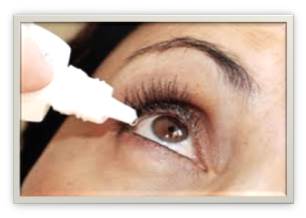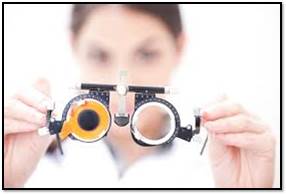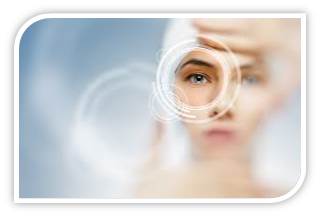Preventing Glaucoma in Boulder
Glaucoma is known as the ‘silent thief’ of eyesight, and it is the number two leading cause of blindness worldwide. It damages the optic nerve in its later stages, but may have no discernible symptoms in its early phases. It is estimated that more than 2 million people in the US have glaucoma boulder but do not realize it.

Risk factors for glaucoma in Boulder
While anyone can get glaucoma, there are certain dynamics that increase a person’s risk of getting it:
1. Genetic background
Glaucoma is more prevalent in African-Americans, Mexican-Americans, and Japanese-Americans.
2. Injury of the eye and nearsightedness
Detached retinas, nearsightedness, lingering inflammations of the eye, tumors of the eye, and eye injuries cause an increased risk of acquiring glaucoma.

3. Age-related glaucoma
Persons over 60 are more prone to developing glaucoma
4. Familial glaucoma
The risk of getting glaucoma is higher when someone in one’s family has it.
5. Chronic diseases are a contributing factor
Glaucoma is seen more frequently in persons with diabetes, hypothyroidism, heart disease and high blood pressure.
6. Corticosteroids
Frequent use of prednisone, cortisone and other corticosteroids is a contributing factor in developing glaucoma.
7. Food sensitivities
Dairy and gluten are two sensitivities that have shown up as being risk factors for developing glaucoma.
Ways to prevent glaucoma

Although not much is known about what actually causes glaucoma, it is theorized that these lifestyle changes can go a long way toward preventing it:
· Maintaining a healthy weight helps keep eye pressure normalized.
· Regular safe exercise may reduce eye pressure.
· Limiting caffeine as large amounts can increase eye pressure.
· Drinking moderate amounts of fluids throughout the day is important for good health. Drinking a large amount of fluid within a short period of time can possibly increase eye pressure.
· Sleeping with one’s head elevated approximately twenty degrees reduces intraocular pressure in the eyes as one sleeps.
· An omega-3 fat supplement called DHA possibly helps with keeping retinal functions healthy because DHA is concentrated in the retina.

· Eliminating trans-fats from the diet because they can possible interfere with the absorption and use of omega-3 fats in the body. Diets high in trans-fats contribute to macular degeneration. Trans-fats are found in processed foods, many baked goods, margarine, shortening, fried foods, doughnuts, and many pastries, cookies and crackers.
· Reducing or eliminating most sugar from the diet as it increases insulin levels, a factor in the risk of glaucoma. When insulin levels increase, blood pressure and possibly also eye pressure increase. Over time this can cause the body to become insulin resistant. Insulin resistance, a common symptom in people with diabetes, high blood pressure, and obesity, is directly implicated in the elevation of eye pressure.
· Getting tested for gluten sensitivity and if found to be sensitive, eliminating gluten from the diet as it tends to impair many systems. Gluten causes hypoperfusion (inadequate circulation) in the brain and in the vessels of the eyes.
· Elimination of other food allergens or sensitivities from the diet, as they put extra, unneeded stress on the body.
The bottom line is that a body that is maintained in a healthy manner is less likely to develop glaucoma in Boulder or any other chronic illness.